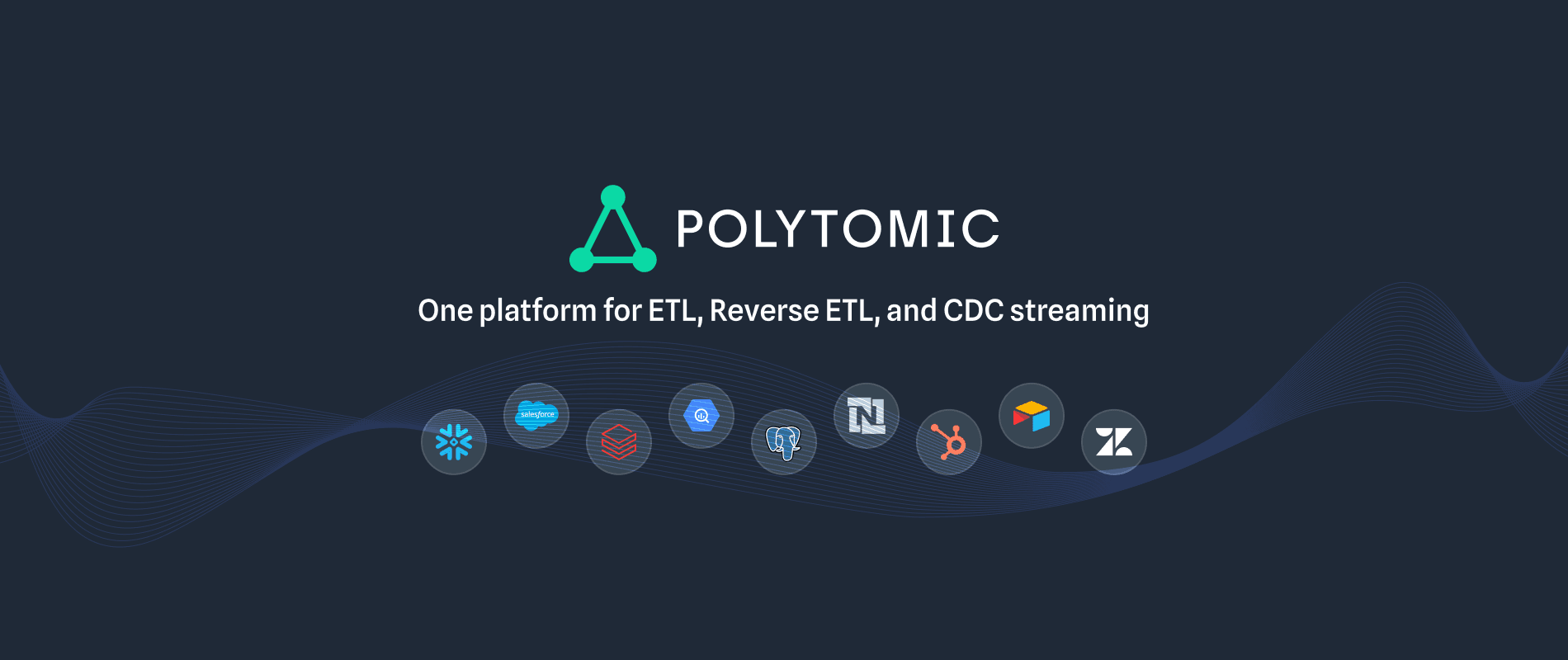
Dataddo vs Matillion For ETL/ELT in 2025
Dataddo connects cloud services, business applications, data warehouses, and lakes with over 300 connectors and real-time synchronization, while Matillion enables data teams to build and manage pipelines across cloud data platforms with a low-code interface and push-down transformations. In this article, we'll compare Dataddo and Matillion to see which one is the best ETL solution.
What are Dataddo and Matillion?

Dataddo
Dataddo is a no-code ETL platform that connects cloud services, business applications, data warehouses, and lakes.
It offers over 300 connectors and supports real-time data synchronization for both technical and non-technical users.

Matillion
Matillion is a cloud-native ETL/ELT platform that empowers data teams to construct and oversee pipelines across cloud data platforms like Snowflake, Redshift, BigQuery, and Azure Synapse.
It features a low-code interface and push-down transformations for streamlined data processing.
Compare Dataddo and Matillion

Dataddo

Matillion
Key Features
- Sync to Warehouse (ETL/ELT)
- Ideal for small data scale
- Sync from Warehouse (Reverse ETL)
Key Features
- Sync to Warehouse (ETL/ELT)
- Contemporary User Experience
Limitations
- No bulk synchronization pricing for ETL.
- Platform and API offer limited features.
- Reliability issues at scale.
- Not designed for enterprise use.
Limitations
- Challenging version control and limited visibility of change logs
- Outdated point-and-click interface
- Supports only ETL, lacks Reverse ETL capabilities
- Expensive for the features offered
Pricing
Dataddo offers three primary pricing tiers: Free, Data to Dashboards at $99/month, and Data Anywhere also at $99/month.
The Free plan includes 3 data flows and 100,000 rows per month with weekly syncs, while paid plans provide more data flows, higher row limits, and more frequent syncs, with the Enterprise plan offering custom solutions for larger needs.
Pricing
Matillion's pricing model is consumption-based, where users buy credits that can be used for both Matillion ETL and Data Loader services, with costs influenced by virtual core hours for ETL processing and data row volume for loading.
Pricing is also affected by deployment size, execution runtime, and support needs, making it flexible to accommodate various business requirements.
Reviews
Dataddo boasts an impressive rating of 4.7 out of 5 stars, reflecting high user satisfaction. However, some users have noted that the platform's pricing can be steep for certain use cases.
Additionally, there are mentions of limited data source availability, which may affect specific business needs. Check out more of their reviews here.
Reviews
Matillion has garnered a rating of 4.4 out of 5 stars. Users have reported challenges with version control, particularly when merging branches, and have noted that certain components are less versatile, leading to reliance on custom SQL scripts.
Some reviews mention a steep learning curve for advanced features and limitations in testing capabilities. Check out more of their reviews here.
Why customers are switching to Polytomic
Polytomic combines ETL, Reverse ETL, and CDC streaming in a single platform so you can move data to and from your data warehouse without managing multiple ETL tools.
- Loved by Data Teams: One single vendor for all ETL and Reverse ETL, covering high-scale CDC streaming, full SQL support, and Terraform integration.
- Easy for RevOps and Marketing: Point-and-click pipelines with power-user features like real-time SOQL transformations on Salesforce and native integrations with ad platforms.
- Integrations Powering AI Agents: White-label API with native clients for unified ETL; deep integrations with your customers’ GTM stack, finance tools, and data warehouses with fully managed authentication.
- Enterprise-ready: Self-hosting option, multi-tenant workspaces, fine-grained RBAC permissions, high scalability, and 30–50% cost savings from platform consolidation. Plus, support from engineers—in minutes, not days.
What is Polytomic?
Polytomic
Data teams appreciate our single ETL platform with unified monitoring to centralize all data movement. We have full SQL support and first-class support for infrastructure-as-code.
RevOps and marketing teams use our no-code UI to quickly and independently set up syncs for product data to their CRM and ad platforms.
Built for enterprise scale, Polytomic can be self-hosted, handles billions of rows reliably, and has multi-tenant workspaces with fine-grained access controls.

All the features you need, on the platform that does it all
Replace multiple vendors
Reduce costs and simplify workflows
One platform for all syncs
ETL, Reverse ETL, CDC, iPaaS, APIs, and spreadsheets
Sync only what's changed
Save on API limits and compute costs
Point and click
Select and filter your data without writing code
SQL query support
Powerful transformations when you need them
Pull from any API
No more glue code for custom integrations
Self-hosting available
Turnkey deployment to your private cloud
Enterprise-ready
SOC 2, GDPR, permissions, and audit logs
Integrated with your favorite tools
Sync any of your proprietary data from databases, data warehouses, and spreadsheets to the business systems you use.








Pricing begins at $500/month
Standard
Everything in Basic, plus:
- Sync to and from databases, warehouses, spreadsheets, apps, and APIs
- Unlimited users and connections
- Multiple sync destinations
- Live chat support with engineers
Enterprise
Everything in Standard, plus:
- On-prem deployment
- Single sign-on (SSO)
- Dedicated engineer
- Phone support
Get hands-on with Polytomic
See how easy it is to sync data to the tools your team actually uses—no code, no waiting.
